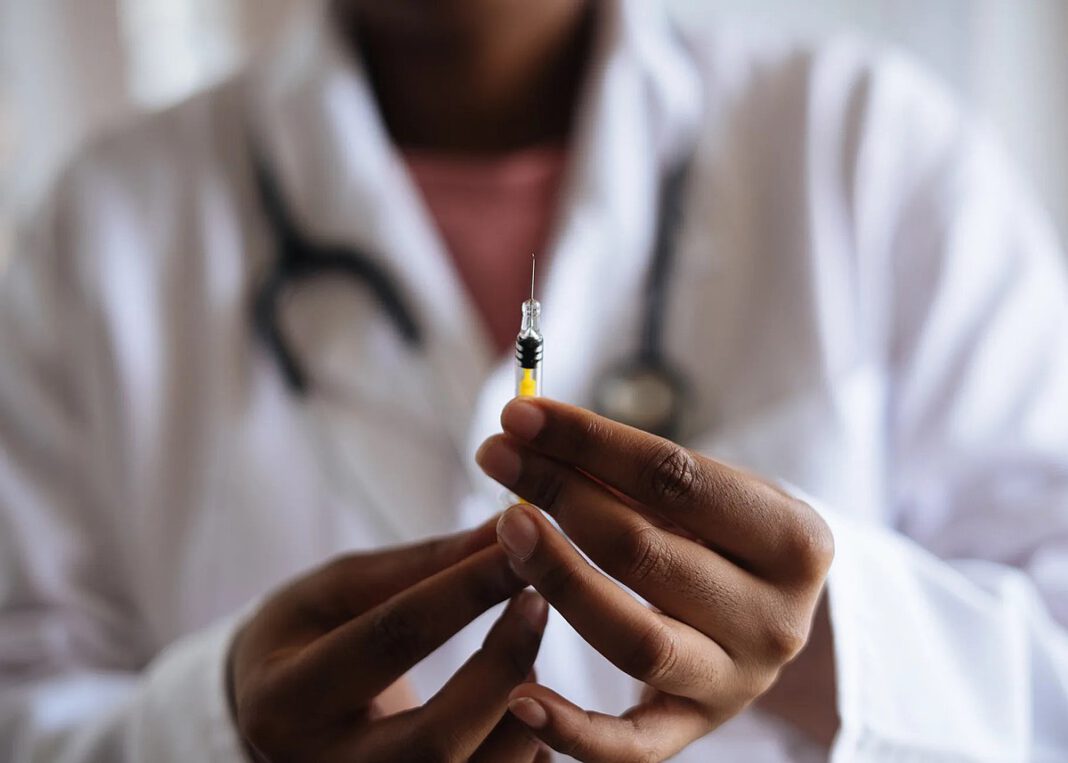Dutch scientists are pleased with the latest developments in American drug company Pfizer’s coronavirus vaccine. They anticipate that it will be made available in the Netherlands by the end of the first quarter of next year, reports NOS.
To much of the world’s delight, Pfizer announced yesterday that they’ve developed a vaccine that’s effective in 90% of coronavirus cases, with limited side effects.
Cautious optimism in the Netherlands
But while Pfizer’s CEO is speaking of “a great day for science and humanity,” some virologists in the Netherlands are not quite ready to pop the champagne cork. “That’s a bit strong,” says Anke Huckriede, professor of vaccinology at the University of Groningen. “But it’s certainly good news.”
Cecile van Els, professor of vaccinology at Utrecht University says the vaccine is promising. But while it may have passed the first litmus test, people are still being monitored. “They just took the lid off the pan to see how it is doing, and it looks very good.”
Betting on the horse
Both Van Els and Huckriede agree that 90% effectiveness is exceptionally high. Van Els points out that with a flu vaccine, just 40 to 50% effectiveness is common. Although she adds, “That vaccine is often used in the elderly, which makes it more difficult to achieve a high percentage.”
While the vaccine is going through the final stages of testing and preparation for the market, Pfizer has already begun production of the vaccine. And, provided it passes the final stages of testing, Dutch scientists are ready to welcome it. “The Netherlands has bet on several horses, and this vaccine is one of them.”
Just in time for tulips
“I expect sometime in the spring, perhaps early spring, that the first people in the Netherlands will receive the vaccine,” says Huckriede. She notes that Pfizer already has the capacity to produce 50 million doses for this year. She anticipates the US market will be the first to receive it, followed by the EU shortly thereafter.
Van Els makes a similar estimation: “I think a bit optimistically for the end of this year. I would say at the end of the first quarter of next year, provided there are no setbacks.”
Do you think the scientists’ predictions will be accurate for the Netherlands? Let us know in the comments.
Feature Image: Retha Ferguson/Wikimedia Commons/CC1.0


